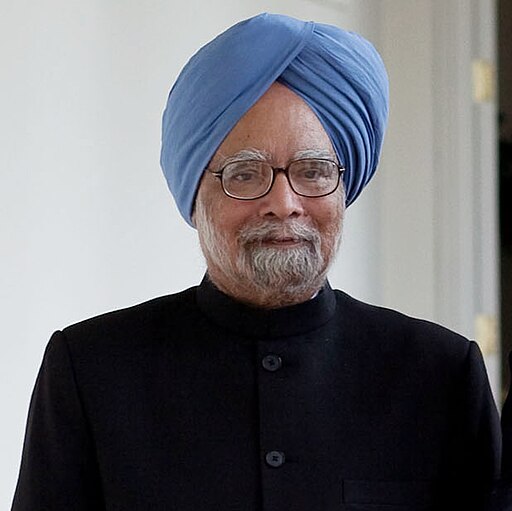The passing of former Indian Prime Minister Manmohan Singh at the age of 92 marks the end of a significant chapter in India’s political and economic history. Serving as Prime Minister for a decade, Singh’s stewardship is credited with unleashing transformative economic reforms that positioned India as a global economic contender. His economic policies, particularly the liberalization initiatives of the 1990s, laid the groundwork for unprecedented growth, foreign investment inflow, and industrial expansion that defined modern India’s economic landscape.
Embed from Getty ImagesPerspectives
Perspective 1: Economic analysts commend Singh’s tenure as pivotal in modernizing India’s economy, noting the long-term effects of his liberalization policies in boosting India’s GDP and international stature.
Sources:
CNN WORLD
Perspective 2: Critics reflect on Singh’s leadership, addressing the controversies such as the economic inequalities and political challenges that unfolded during his terms, while recognizing his statesmanship.
Perspective 3: Historical political commentators assess Singh’s diplomatic legacy, noting his conservative foreign policies amidst turbulent global politics and his pragmatic approach to Indian growth in the new millennium.
